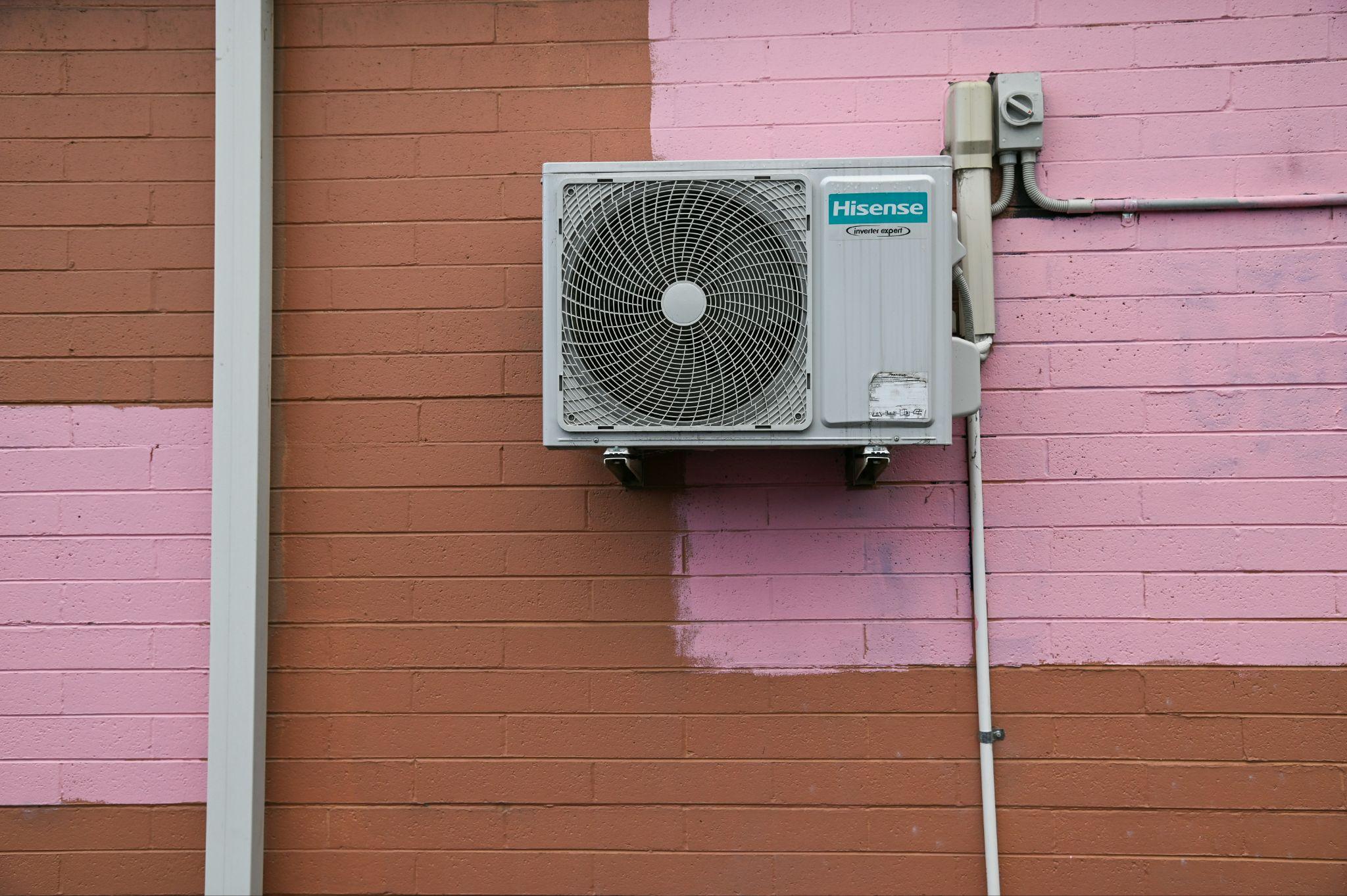Consumers need a cool and comfortable home, especially in the hot months of summer. When your air conditioner (AC) begins to make a louder noise than you may prefer, however, it can feel like a choice between comfort and tranquility. By implementing the appropriate measures, it will be possible to minimize AC noise without having to sacrifice temperature control ability.
This article examines how to reduce AC noise, the useful key maintenance pointers, equipment updates, and easy-on-the-wallet DIY soundproofing tips.
Understanding AC Noise Sources
Before starting your residential air conditioning repair, you must first know where the noise originates. Causes can include:
- Compressor: The compressor is the noisiest component and is found in the outdoor unit. In the course of time, it can give humming, buzzing, or clanking sounds.
- Fan blades: Both domestic and industrial fans may become noisy when unbalanced, dirty, or damaged.
- Loose parts: Loose screws, panels, and other hardware can become loose with vibration, which causes a rattling noise.
- Airflow obstruction: Filters plugged with dust, blocked vents, and dirty ducts make the system work harder and make it noisier.
- Age and wear: Older units may sound louder simply because they are worn due to age and old-fashioned technology.
This is because when you know the cause, then you will be able to tackle the solutions in a precise manner rather than putting a band-aid over the problem.
Regular Maintenance to Minimize Noise
Routine maintenance is one of the most important factors to keep your AC quiet. Not only will preventive home AC repair and maintenance minimize the noise, but it can also lengthen the life of your system. This is what is important:
- Change/clean air filters
- Check fan blades
- Tighten screws and panels
- Grease the moving parts
- Clean the outdoor box
- Perform periodic tune-ups
Maintenance (usually the initial stage to a lower system noise level) should not be neglected.
Upgrading or Replacing Equipment
There are times when maintenance cannot help a system that is simply outdated. Equipment replacement or upgrade can turn out to be the most helpful solution to minimize AC sound.
- Energy-efficient models: New ACs are incorporated with sound-dampening and low-noise compressors. Search units that have a lower decibel (dB) rating.
- Variable-speed compressors: Instead of the single-stage compressors that switch on in full force, variable-speed compressors are able to do the same, but they go low on the noise level.
- Two-stage systems: They tend to be much quieter and energy-efficient in nature, as they mostly run on lower speeds.
- Improved fans and motors: More recent models minimize the vibration and associated insulation sound control.
Although changing the equipment is an initial investment, the long-term goal usually consists of quieter sound, lower energy cost, and a more comfortable environment.

Optimizing Installation and Placement
Improper installation impacts roughly 65% of AC systems. Even the finest AC system can be loud when it is improperly mounted or in the wrong place. Placement and installation matters account for a lot:
- Make the unit level: An un-level outdoor condenser causes unwanted vibration and noise levels.
- Separation of the living space and the outdoor unit: The outdoor unit can be installed out of sight of windows and bedroom areas or wherever needed, to reduce noise disturbance to the living space.
- Isolation pads: Rubber or composite pads are placed under the unit and will absorb vibration and limit noise transmission.
- Ducted design: Badly designed ducts will create whistling or banging during operation.
- Sealed joints: Air leaks around duct joints not only waste energy but also create noise.
A considerate installation will mean that your system runs without a hitch and is quiet throughout its life.
Enhancing Airflow Without Raising Sound
Both cooling and noise are vital, and the key is efficient airflow. Inadequate airflow makes the AC work, which results in a loud noise. To enhance airflow that does not contribute to sound increases:
- Install larger ducts when possible
- Put on good vents
- Unblocked ventilation
- Equalize airflow
- Take into account zoning systems
Enhancing air circulation also means that the system will operate quietly and efficiently and provide excellent comfort within the house.
DIY Soundproofing Techniques
Even when you are not a DIY enthusiast, there are some easy tricks to reduce AC noise without sacrificing the cooling:
- Noise barrier/Shield
- Install sound panels
- Insulation in line ducts
- Close gaps with caulk or weatherstripping
Soundproofing measures should also never block off air supply, inflicting inefficiency or even damage to a system.
When to Call a Professional
Some noise problems cannot and should not be approached as a home AC repair project. You need to contact an HVAC specialist, such as those at Chill Heating and Cooling, when:
- Noise is abrupt or loud, and this indicates a mechanical issue.
- You hear grinding, screeching, or banging of a vehicle, and this can be a symptom of failing components.
- The unit has exceeded 10-15 years of its useful life, and it has proved to be ineffective.
- You wish to know what would be a better idea, repair or replacement.
A professionally diagnosed solution keeps you safe, prevents you and your property from getting hurt, and makes the next action steps clear.
Conclusion
A loud air conditioner does not have to be your cost of cooling your home. Through proper learning on how various noise sources can be controlled, regular implementation of maintenance, and possible system upgrade or soundproofing systems, the noise levels can be reduced to a good environment.
Even with minimal DIY solutions or more professional-level improvements, silencing a noisy AC unit is not only achievable but something that many people may find to be unnaturally easy to do. The result? A calm, cool house where there is quiet and comfort.





















